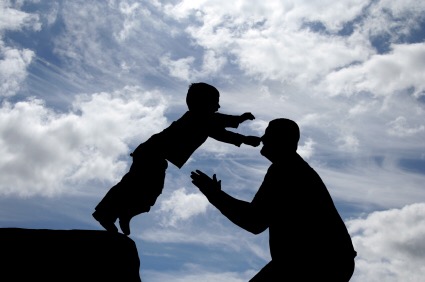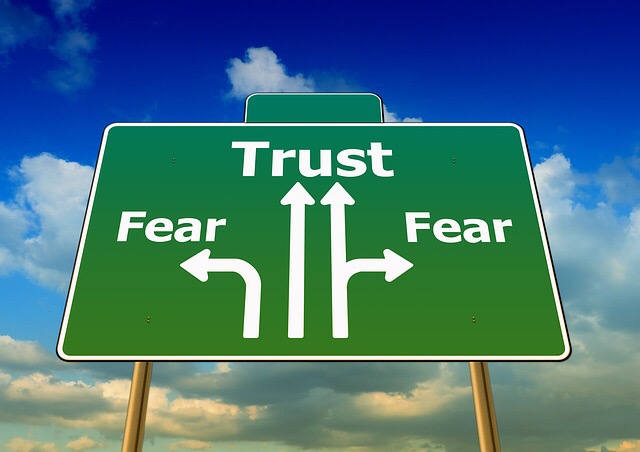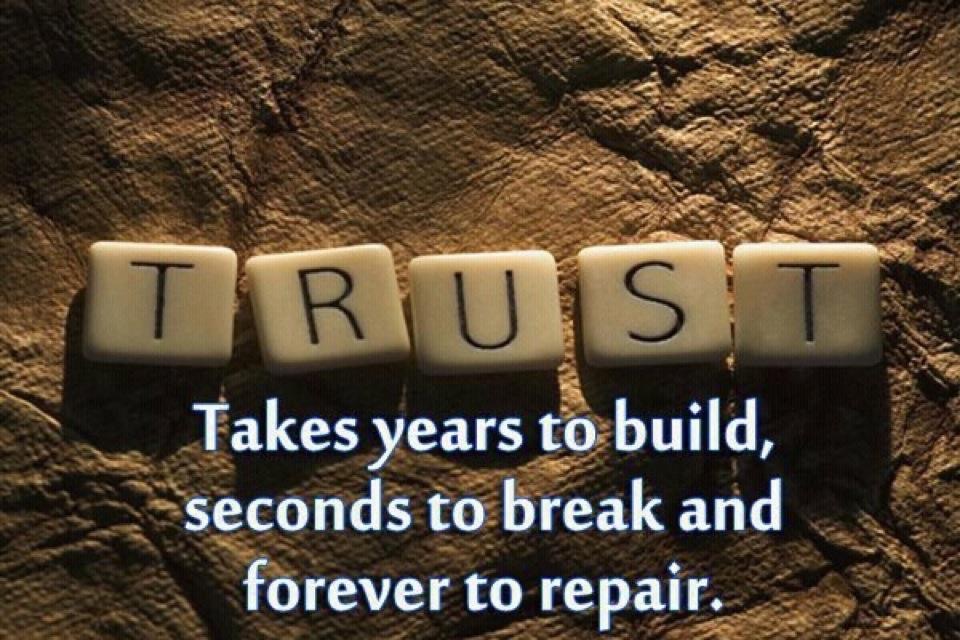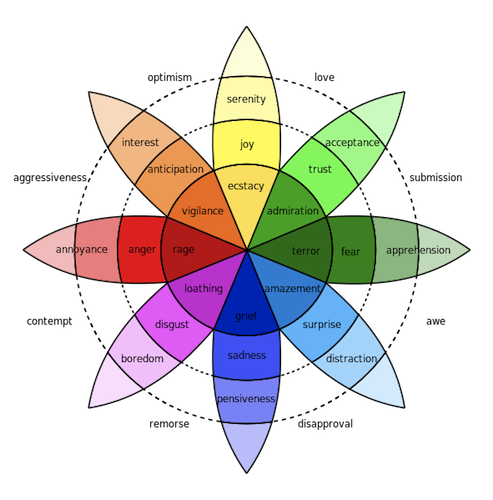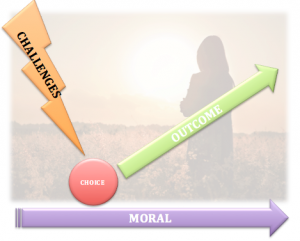When I was an undergraduate student I spent most of my university breaks in Zambia, setting up our SKIP project there. People used to ask me what the difference was between life in UK and life in Zambia and why I was so enamoured with it. My response invariably went something like this…
In the UK life can often be akin to a calm pond … Yes its pleasant and easy to navigate but at times I find that a tad stagnant, sometimes even dosing off and waking up to find whole swathes of life have passed me by with little event. In Zambia, life is more like the ever changing turbulent waters of the Zambezi river… Dangerous, at times chaotic, but also beautiful, inspiring and exciting. From moment to moment, crashing waves swirl around pools of tranquility, the poignancy of these peaceful havens amplified by the chaos that surrounds them. In fact they have even named this spirit of the river, Nyami Nyami, the river serpent who strives to reach his lover, who rests peacefully the otherside of the Kariba dam. He, in passion and anger roaring and driving the wildness of the river. She, resting silently and calmly in Kariba lake awaiting her lover to break through. Two extremes, no middle ground.
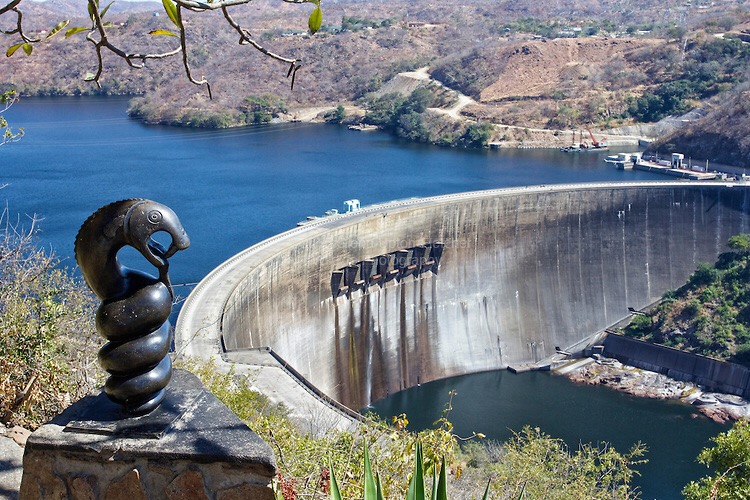
The undulating ebb and flow of life keeps you gripped and alert with anticipation. Lows can be catastrophically low, but the highs are oh so awe inspiring. As if by knowing the dark pain of loss, you are better able to bask in the light of your loved ones. By knowing the sharp betrayal of corruption, you appreciate the soft purity of integrity ever more. By knowing the bitter challenges of a life of chaos, peace becomes that much sweeter.
Long term perhaps I would find such a tumultuous pace exhausting, but from time to time it can reinvigorate and remind me what it truly means to be alive. To value life in all it’s bittersweet beauty, to appreciate the little things that otherwise are oft overlooked.
In Uganda I find a similar ebb and flow, that of the Nile instead of the Zambezi perhaps, but equally as fascinating and demanding of my utmost attention to the day to day details of life. When asked how I find my work here I often answer “fulfilling and frustrating in equal measure!”
I often wonder why I feel so drawn to this confrontation of life at its fullest. Does the savage tragedy to which we bear witness every day, make moments of joy that much sweeter? Does the swiftness with which life can be snuffed out, make us dance with more passion and abandonment? Does being surrounded by abused and neglected rights, make the fire for change and progress burn so much brighter? Is an easy life one which drags you down into blind apathy?

Is there something in me that thirsts to be faced with that which is the true reality for the majority of the global population? Is it guilt that I was born by chance into such a life of opportunity, whilst other women around the world are doomed to lives of servitude and subjugation from the moment they leave the womb? Is it a childhood peppered with spikes of contrasting tragedy and joy, that has instilled in me this method of learning and led me to continue to seek such opportunities for growth of the soul?
Many questions, few answers… I only know that without these periods of time spent living and working in other cultures, in other worlds, I would not have become who I am today and I perhaps I would not have discovered the inner drive that has pushed me to do things I never dreamed possible.
Thus I am left with gratitude… Gratitude to have been able to bear witness to and become part of the ebb and flow of life.

